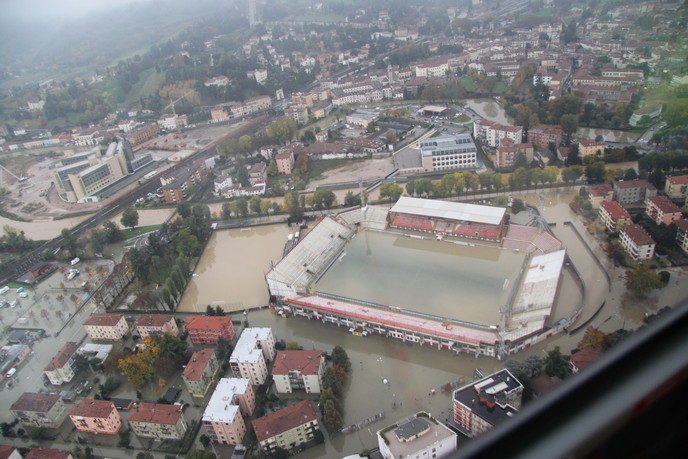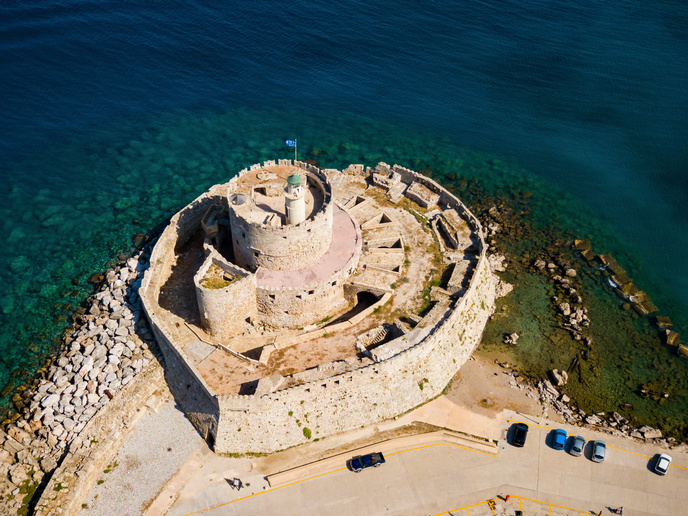Solar powered street lights promote smart cities
Conventional street lighting demands large amounts of energy and high levels of maintenance, resulting in significant costs for local authorities. Although use of energy efficient lighting is growing, it often fails to fully address the sustainable development of smart cities because of poor aesthetics, failure to use solar energy, difficulty in integrating sensors and smart devices, and lack of design for long-term retrofitting. The THE SOLAR URBAN HUB project addressed these challenges, developing a new grid connected concept for converting smart street lighting into an IoT-enabling smart city tool. The tool belongs to the new generation of cradle-to-cradle zero carbon dioxide emissions products entirely powered by the Sun. “This is the first fully solar-powered innovation hub that provides light, energy and IoT technology in an attractive and harmonised product for fully optimised smart city environments,” says project coordinator Alessandro Caviasca, CEO of SIARQ, an SME that develops solar lighting products.
Support for smart cities
The system comprises a dome-shaped lightweight photovoltaic module housing control electronics, energy accumulator, lighting LED modules, sensors and other smart devices. “This forms an integral smart infrastructure that provides support for IoT deployment in urban environments, thereby boosting the creation of new services, companies and economical activities,” Caviasca explains. Researchers integrated different forms of sensors and communication devices designed for smart cities, to be tailored to the client’s needs. All data gathered by this Hub is communicated to the user via the cloud, where information can be monitored and acted upon, such as turning on and off the lights. A smart city makes traditional networks and services more efficient through the use of digital and telecommunication technologies, thereby benefiting its inhabitants and businesses. Enabling any IoT device via the Hub optimises the smart city environment and can be used to improve traffic flows, monitor urban temperatures and pollution, optimise energy usage and inform citizens on road diversions and parking availability among others. THE SOLAR URBAN HUB solution can therefore help local authorities reduce capital expenditure, increase sustainability by adopting solar energy, and enhance public spaces and the wider urban environment.
Different options
Two versions of the THE SOLAR URBAN HUB solution is available to meet the needs of two different markets. According to Caviasca: “There is a stand-alone version, which does not require connection to electricity grid and is aimed at the new installations market, and the grid connected hybrid version that is oriented to the retrofitting market, where there is already an existing electricity grid.” SIARQ is targeting telecom, IT service providers, utilities and energy service companies as customers, who will act as distributors of the THE SOLAR URBAN HUB solution to end users. These large corporations in particular provide a global solution for bringing smart cities to end users, and they are interested in adding THE SOLAR URBAN HUB to the services they offer. The device will be marketed through the Rethink the city platform by inviting the smart cities ecosystem to join SIARQ and explore new business models for the cities of tomorrow. “The concept is being tested in different locations of Spain, while another pilot trial is being prepared in a living lab for intelligent lighting and smart city services in Copenhagen, Denmark,” Caviasca points out.
Keywords
THE SOLAR URBAN HUB, Internet of Things (IoT), lighting, smart city, SIARQ, sensor, solar energy, electricity grid, pilot trial







